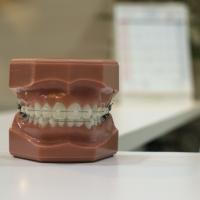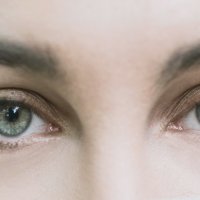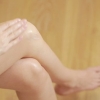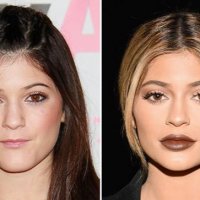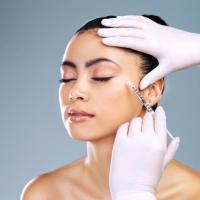Home > Blog > Skin and Body
Cycling Lover? Here’s How Alcohol Could Be Affecting Your Gains
Cycling is a sport that has a heavy history and relationship with alcohol, at both a professional and social level. At the very top of the sport, you only need to look at the alcohol consumption of Tour de France riders up until around the 1960s to see that.
At that point, the entire peloton would break out the booze to numb the pain of the huge climbs and stay hydrated, while today many social cyclists finish off their long Sunday sessions with another session in a nearby bar.
However, if you are a cycling lover that has a penchant for a beer, or perhaps even an unhealthy relationship with alcohol, do you know just how much it could be affecting both your recovery and meeting those gains.
Over the past few years, due to the global pandemic, both alcoholism and cycling have seen huge increases. And while there’s not a crossover between everyone that’s either suffering from or taking up, there will be plenty of people who are trying to combat their alcohol problems through physical exercise.
Alcoholism and alcohol related deaths have spiked significantly since 2020 and for those seeking treatment, a path of exercise alongside treatment can help. On the other hand, staying fit through the likes of cycling can also be hiding the true problems. And it will effect your performance on the bike too. But how exactly does alcohol affect your gains?
Ultimately, that’s largely down to the fact that alcohol doesn’t provide the fuel necessary to benefit from exercise. The body is unable to turn alcohol into glycogen, and instead will turn alcohol and the calories of a drink into fat, which is essentially where the term “beer belly” comes from.
The consumption of alcohol, and certainly the misuse of it, will also reduce the production of human growth hormones significantly - up to 70% in fact - and therefore muscle growth and strengthening that you’d normally develop through long cycle rides is slowed. This will all lead to a slower rate of progression on the bike and fewer gains.
Cycling Weekly spoke to a number of riders, both amateur and professional about their alcohol intake following the news that pro team Lotto-Soudal were banning their riders from drinking alcohol at particular stages of training and ahead of races, with one amateur racer claiming that in the two months in which he’d stopped drinking, he’d lost three kilograms, all while maintaining the same levels of power.
Elsewhere, many experts link the psychological effects of alcohol to poorer performance too. For example, if a person was to drink the night before a big ride, or perhaps have one too many a few days before, it may plant a seed that the person has done wrong and it will affect performance.
That guilt feeling can wear away at people and have a more mental impact on performance. After all, while physical fitness is a huge part of any sport, so is having the right mindset, concentration levels and determination. Guilt and doubt can cloud judgement and lead to just as poor gains.
Of course, for many social or more leisurely riders, alcohol will have an impact on your riding, but if you’re not looking to make gains, then as long as the substance isn’t being abused or leading to an alcohol dependency, then a hard-earned pint after a ride certainly isn’t going to cause too much damage for you.
For those taking it seriously though, it may be either time to get help recovering from alcohol, or giving it up around crucial training periods if you really want to maximise your performance.
More to Read:
Previous Posts:
